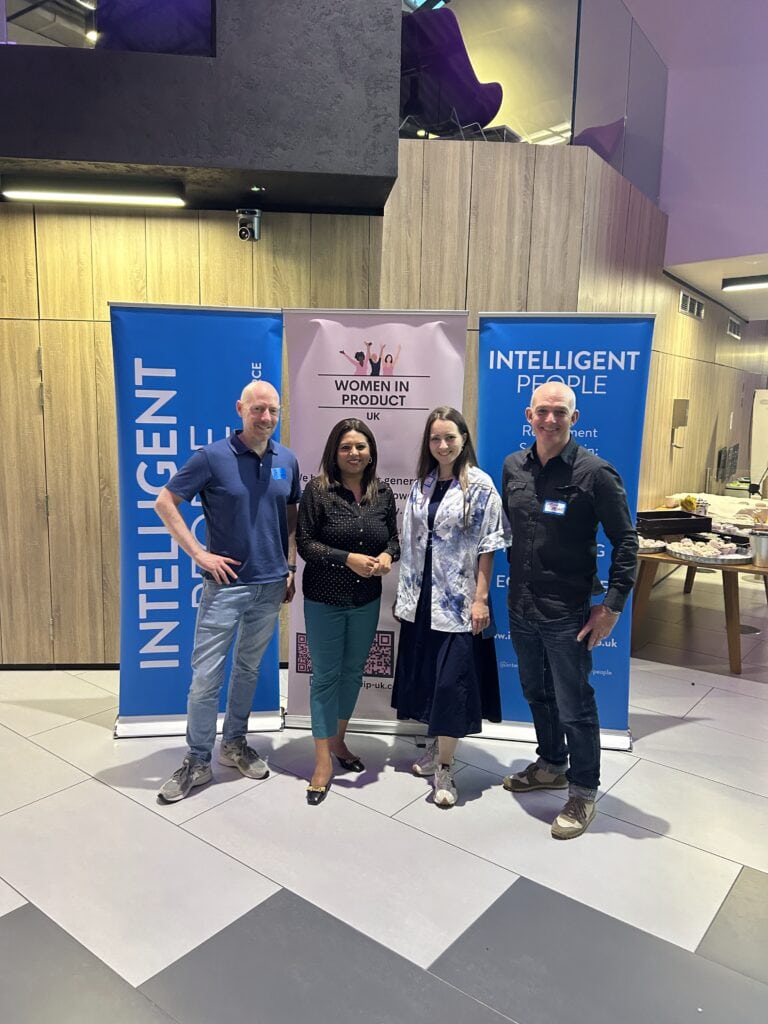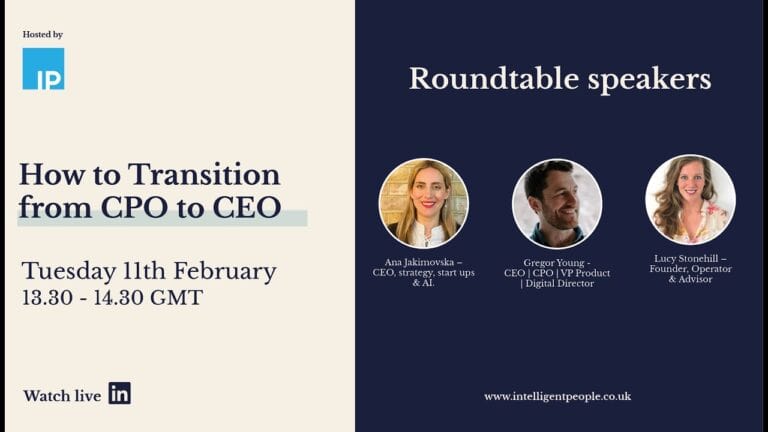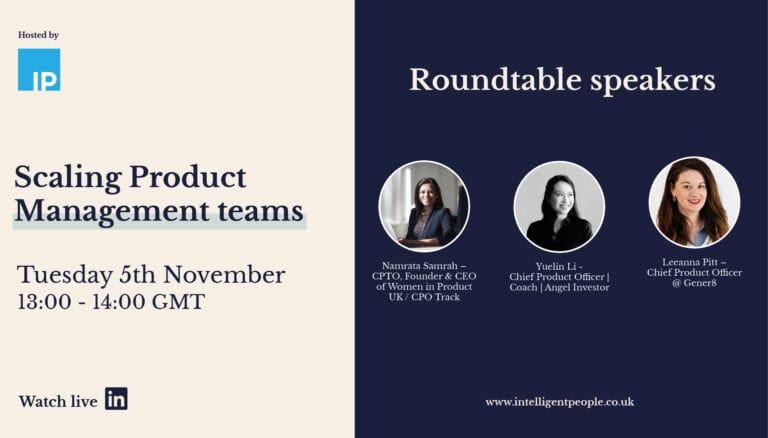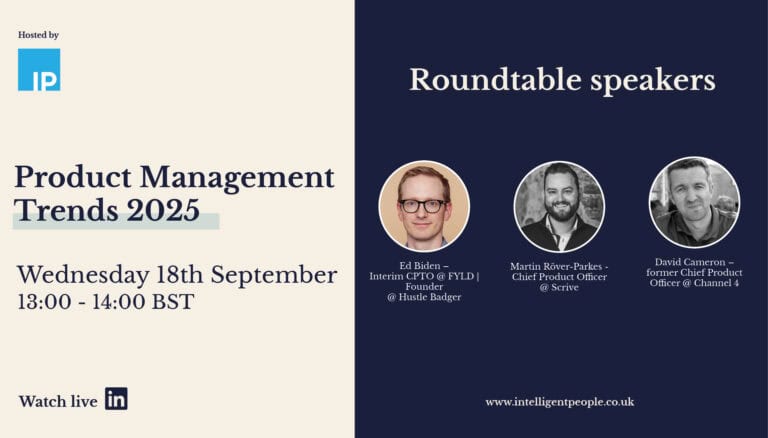Joe, one of our Recruitment Consultants, joined Intelligent People in May 2021. After graduating from University of Reading with a BA honours in Philosophy, and completing a Masters from the University of Oxford, Joe started his marketing recruitment career with Intelligent People.
Let’s get to know Joe
You’ve been at Intelligent People for coming up to a year now. Tell us a bit more about your role and what you do day-to-day?
My current role is quite different from when I first joined Intelligent People as a Researcher. During my first year, I worked closely with one of the Directors here to place candidates in roles across a wide variety of industries and sectors. In practice, this would involve taking part in role briefings, conducting detailed candidate searches, identifying suitable candidates and then guiding them through the interview process. My current role as a Recruitment Consultant is more consultative, so rather than simply taking part in role briefings, I will now lead conversations with clients to advise them on their recruitment strategy and what they can do to attract great candidates.
What do you love most about your job?
The thing I enjoy most about my role is that I get out what I put in. It’s often challenging, particularly as a graduate, to find a role that rewards you in line with the level of hard work that you put in. But with my role, you’re rewarded in proportion to the level of effort you put in and that’s a big incentive.
What is the one piece of advice you always give employers that you are working with?
I would always advise employers and hiring managers to think clearly about what impact they want a hire to have over a certain time frame (perhaps 2-3 years). In my experience, what really excites candidates about a new opportunity is being told what they will have built over a this time frame, so that they can think about the role as part of their career progression.
Candidate expectations have changed over the last 2 years. What are candidates looking for in the post pandemic world and how can employers shift to meet these needs?
Candidate expectations have changed significantly since I joined Intelligent People. By far the biggest change is the desire for hybrid working. Most candidates still want two or three days per week in the office because they understand the value of in-person collaboration both in terms of creativity and the positive impact on work culture. But candidates are still looking for some of the flexibility they grew accustomed to during the pandemic.
What is your advice to candidates when they are looking for a new role?
For candidates who are considering leaving their current role, I’d recommend thinking carefully about two questions:
1. Why do you want to leave your current role?
2. Have you spoken to your current employer about your concerns?
Simply speaking to your employer and making your case for what you want / what would make you stay, may give you the result that you want. Often though, employees know when its time to look for a new role – either they aren’t happy with the culture of the business, the business strategy or they are not challenged enough in their current role.
How do you ask candidates to prep for interviews? Do you have any tips to help candidates maximise their chances of success at interview?
I always advise candidates to seek feedback from the interviewer before the end of the interview. The reason is that it is challenging to overcome a doubt or concern that an interviewer may have after the interview has ended. The best way to deal with a doubt or concern that a hiring manager might have is during the interview, as it provides you the best opportunity to provide a counter argument and any supporting evidence / facts.
Read more interview advice from us here.
The recruitment sector often has a bad reputation – long hours, cold calling, competitive sales environment etc. How would you describe working within recruitment? Do you think it’s really as bad as people say?
Before I moved into recruitment, I was aware of the reputation that recruitment has. I’ve heard first-hand about poor practice in the sector. However, the Directors at Intelligent People feel strongly that it’s important to have a healthy work-life balance and not to micromanage employees. So my experience within recruitment has been overwhelmingly positive.
What advice would you give someone who was considering a career as a consultant in recruitment?
Recruitment is a fast-paced sector that favours people who have a bias for action. It also requires plenty of perseverance when things don’t go according to plan. So, my advice for anyone considering a career in recruitment would be to think about examples of when they have displayed these characteristics in the past and whether the thought of working in that type of environment excites you.




